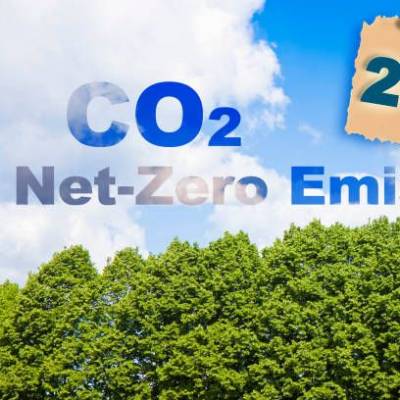

Mumbai is aiming to achieve net-zero carbon emissions by 2050 before the Government of India’s (GoI) deadline of 2070.
Recently, an Intergovernmental Panel on Climate Change (IPCC) Working Group II published a report warning regarding severe damages from sea-level rise, critically high temperatures and high risks from climate effects for coastal cities like Mumbai. After a vulnerability inspection, greenhouse gas (GHG) and natural green cover inventory over the last six months, BMC, with the help of technical support from the World Resources Institute (WRI) India and the C40 Cities network, inaugurated the first Climate Action Plan of Mumbai (MCAP). It is a policy document to adopt an evidence-based planning strategy and mobilise resources to move from action planning to strategic projects. By the plan, BMC is also focusing on Mumbai accomplishing net-zero before the Government of India’s deadline of 2070. It is necessary as Prime Minister Narendra Modi, during the Conference of Parties (COP26) at Glasgow, set a 2070 Net Zero goal for the country. The MCAP paths system helps the city create an evidence foundation on which to set emissions reduction objectives for the energy, transportation, and waste sectors, which are the city's key sources of GHG emissions. While the energy sector is responsible for 72% of total emissions, the transportation and waste sectors are responsible for 20% and 8%, respectively. The overall mitigation goal of MCAP is to achieve net-zero emissions by 2050. Compared to base year emissions, the plan's interim and long-term goals include a 30% reduction in emissions by 2030, a 44% reduction by 2040, and a net-zero reduction by 2050. An ambitious strategy for Mumbai is being developed, with reduction objectives of 27% by 2030 and 72% by 2050. Image Source